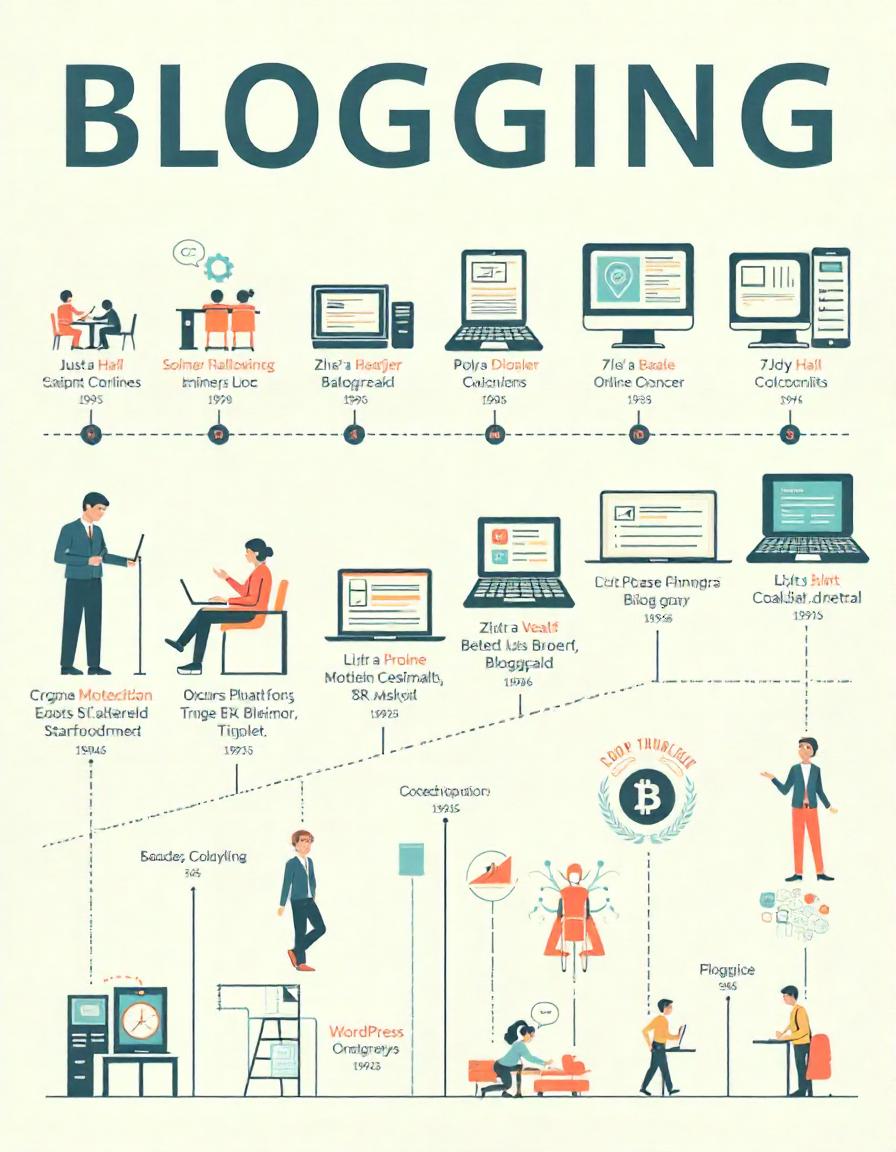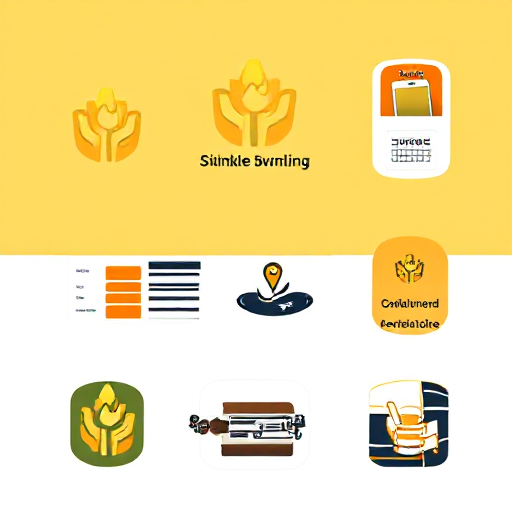Who Started Blogging? Tracing The Roots Of Modern Online Journaling
Blogging, as we know it today, has evolved significantly from its humble beginnings. What began as simple online diaries has transformed into a powerful tool for storytelling, information sharing, and even earning a living. But who exactly started blogging? Let’s take a look at the history, key figures, and early innovators who paved the way for modern-day blogging.
Find Out How To Make Money As A Full-Time Writer/Blogger Guide
Early Internet and the Spark of Blogging
The idea of sharing personal thoughts online has its origins in the early days of the internet. As the World Wide Web began in the 1990s, it gave people a new way to share information in real-time. The development of the first websites allowed individuals to post personal content that anyone on the internet could read. This laid the foundation for what would eventually become blogging.
Key Pioneers of Blogging
1. Tim Berners-Lee (1989)
- Tim Berners-Lee, a British computer scientist, invented the World Wide Web in 1989. His creation marked the first steps toward online content sharing, which eventually inspired people to share their own thoughts, projects, and interests online.
2. Justin Hall (1994)
- Often regarded as the first blogger, Justin Hall started publishing a personal online journal called Links.net in 1994, while he was a student. His site, featuring thoughts, reflections, and curated links to other websites, embodied what would later be known as blogging. Hall didn’t call it a blog, but his work was an early example of sharing a personal narrative with an online audience.
3. Jorn Barger and the Term “Weblog” (1997)
- In 1997, Jorn Barger, an American blogger, coined the term “weblog” to describe his own website, Robot Wisdom. Barger’s blog curated interesting links he found online along with commentary, embodying the link-sharing and opinion format that blogs often have today. The term “weblog” (shortened to “blog”) was born, and the concept of maintaining a “log” of one’s experiences and ideas online started to spread.
Find Out How To Make Money As A Full-Time Writer/Blogger Guide
4. Peter Merholz and the Term “Blog” (1999)
- In 1999, Peter Merholz, a blogger and web designer, playfully split the term “weblog” into “we blog” on his own site, which caught on with the public. This shortening of the term led to the word “blog” as we know it today, making it easy to identify online journals or diaries in a single term.
The Growth of Blogging Platforms
Once the term “blog” was established, platforms that made blogging accessible to everyone began to emerge. These platforms allowed users to create and publish content without needing extensive technical knowledge.
1. Blogger (1999)
- In 1999, Blogger, created by Pyra Labs, revolutionized online content creation by providing a user-friendly platform that made blogging more accessible to the masses. Blogger’s ease of use and free publishing tools were groundbreaking. Google acquired Blogger in 2003, further popularizing it and positioning it as a major blogging platform.
2. LiveJournal (1999)
- Another significant platform that emerged in 1999 was LiveJournal, which allowed people to keep personal diaries or journals online. Known for its community-oriented design, LiveJournal encouraged users to interact, which fostered a sense of community and was an early example of the social elements that many modern blogging platforms incorporate today.
3. WordPress and Movable Type (Early 2000s)
- In the early 2000s, WordPress and Movable Type emerged as influential content management systems that further empowered users to create customizable, professional-looking blogs. WordPress, launched in 2003, was an open-source platform that gave users more control and customization options, cementing itself as one of the most popular blogging platforms to this day.
Why Blogging Became a Phenomenon
The success of these platforms was partly due to the growing need for people to have a voice online. Blogging enabled people to express themselves, share knowledge, and connect with others globally. As the internet grew, so did the audience for personal stories, tutorials, political opinions, and more. Blogging allowed people to cultivate communities, build personal brands, and even turn blogging into a business.
Find Out How To Make Money As A Full-Time Writer/Blogger Guide
Blogging Today
From the early days of Justin Hall’s Links.net to today’s high-tech, content-rich websites, blogging has come a long way. Modern blogging now spans multiple niches—from lifestyle and finance to fitness and tech—and often serves as a gateway to content creation on platforms like YouTube and social media. Today’s bloggers use a combination of SEO techniques, social media promotion, and affiliate marketing to reach and monetize their audiences.
Although no single person “invented” blogging, many individuals like Justin Hall, Jorn Barger, and Peter Merholz contributed to the format, terminology, and accessibility that define it. Blogging is now a respected digital medium that combines personal expression with professional potential. Its evolution demonstrates the power of the internet to amplify individual voices and shape global discourse. Whether for business, personal storytelling, or connecting with others, blogging remains a powerful tool in the digital age.







